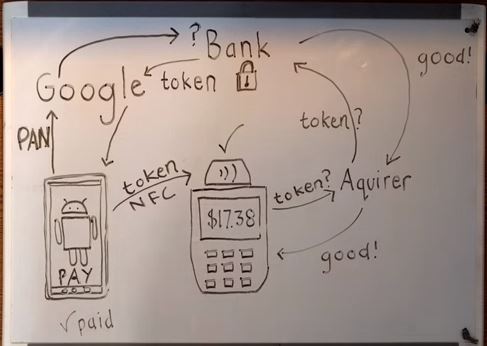How to generate CSR from mmc

This post will go over all the steps require to create or generate a CSR. CSR is Certificate Signing Request . CSR is actually a text file (encoded text file) which is used in the process of creating a Certificate, e.g, SSL Certificate ( SSL is now phased out and the current standard used is TLS . However we continue to use the term SSL as it is more commonly used term ) or a Digital Certificate. This encoded text file contains the information about the server, device or domain for which you need a Digital Certificate. One generates a CSR locally and sends the request as a file to a Certificate Authority (CA). The Certificate Authority upon receiving the Certificate Signing Request (CSR) confirms the identity of the applicant and upon confirmation signs the CSR, and generates a Certificate ( SSL Certificate or a Digital Certificate) for the identity of the entity, Non Person Entity or a Person Entity. This Certificate can now be trusted by a third party since it was signed by a t...
